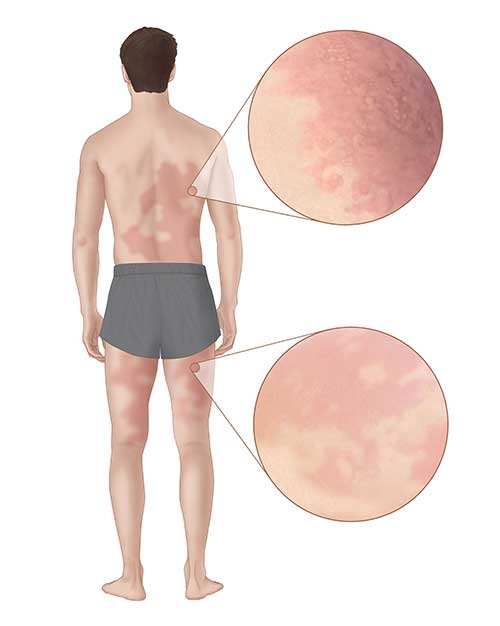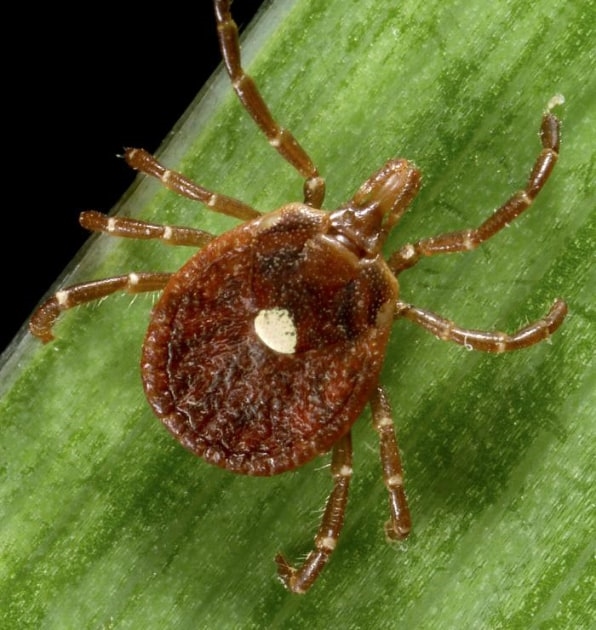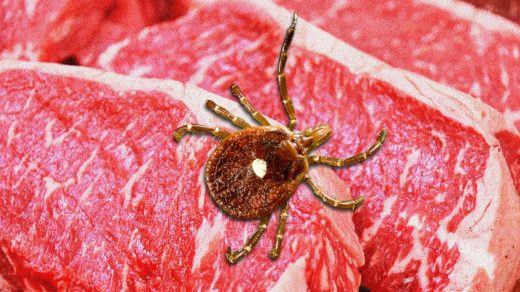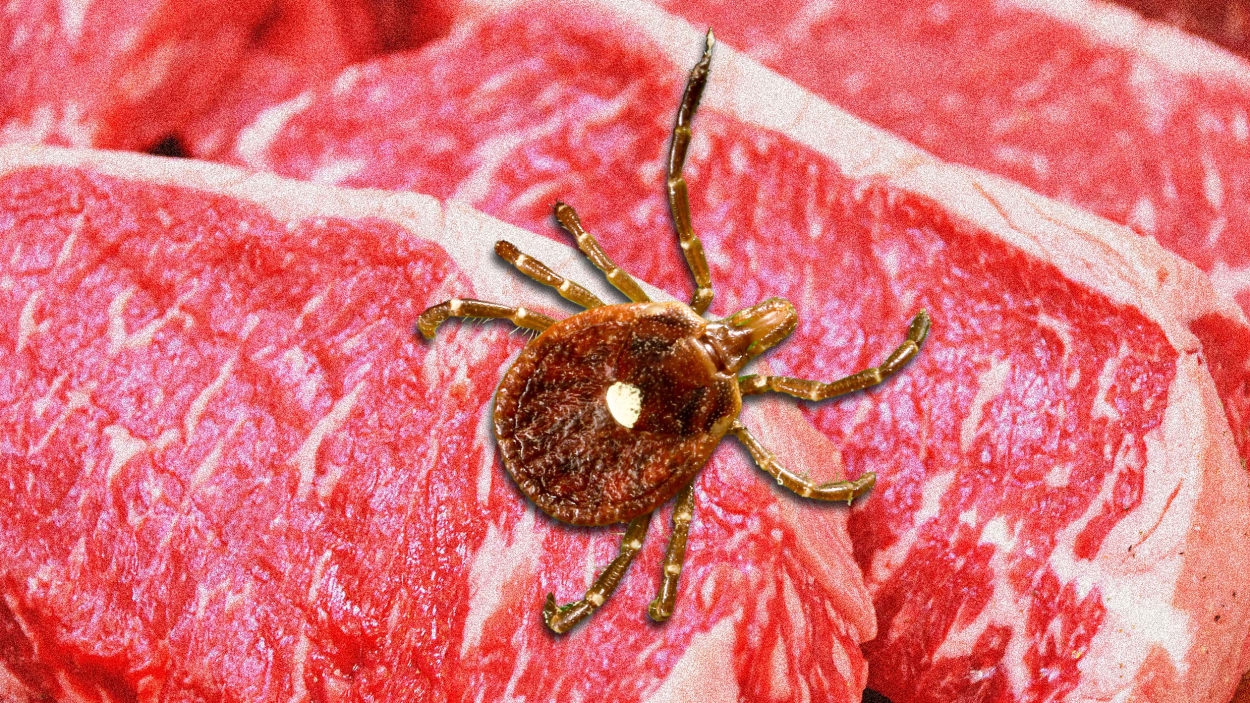Tick bite warning: CDC says alpha-gal syndrome is making Americans allergic to red meat
If you’re a red meat lover, you may find the latest warning from the Centers for Disease Control and Prevention especially alarming. The CDC has announced that hundreds of thousands of Americans have become allergic to red meat after being bitten by ticks. The bites can result in a condition known as alpha-gal syndrome (AGS), and it can have lifelong consequences for red meat eaters. Here’s what you need to know.
What’s happened?
On Thursday, the CDC published a press release after warning that hundreds of thousands of Americans have become allergic to red meat after acquiring alpha-gal syndrome from tick bites. The CDC says that between 2010 and 2022, over 110,000 suspected cases were identified. But because AGS is challenging to diagnose, the CDC says there may be 450,000 million Americans with the syndrome. The syndrome can be life-threatening, especially if people are unaware they have it.
What is alpha-gal syndrome?
According to the CDC, alpha-gal syndrome is a condition where a person becomes allergic to alpha-gal, a sugar molecule found in many mammals, but not humans. Alpha-gal is also not found in fish, reptiles, or birds. If you have AGS, your body may have an allergic reaction after eating red meat, including pork, beef, rabbit, lamb, venison, and more.
What are the symptoms of Alpha-gal Syndrome?
Symptoms run a wide gamut, but they include:
These symptoms can be life-threatening. Infected individuals may not have an allergic reaction every time they eat red meat. Allergic reactions also take a while to manifest.

Most reactions appear between 2-6 hours after eating red meat, which means many alpha-gal syndrome sufferers might not connect their symptoms to the intake of red meat during an earlier meal.
What causes a tick to give a person AGS?
Scientists aren’t yet sure why some tick bites cause a person to develop alpha-gal syndrome. However, AGS is primarily associated with one type of tick in the United States—the lone star tick.

But the CDC says bites from other kinds of ticks may also be able to cause AGS in a person.
Is AGS permanent?
It can be a lifelong condition, but the Associated Press cites a doctor who coauthored the papers on which the CDC’s announcement is based, who says that he’s seen the allergy fade away in about 15-20% of cases. However, if you get re-bitten by a tick, the allergy can return.
What should I do if I think I may have AGS?
The CDC says to talk to your doctor, who can run tests to determine if you have the syndrome.
How can I prevent AGS from tick bites?
Do your best to not get bitten by ticks, which may be harder due to climate change. The CDC has advice on how to best avoid tick bites here.
What else should I know?
Tick bites are not just a growing problem in the United States. In Europe, thanks also to climate change, ticks have been spreading a potentially deadly virus called tick-borne encephalitis, which causes swelling of the brain.
(21)



